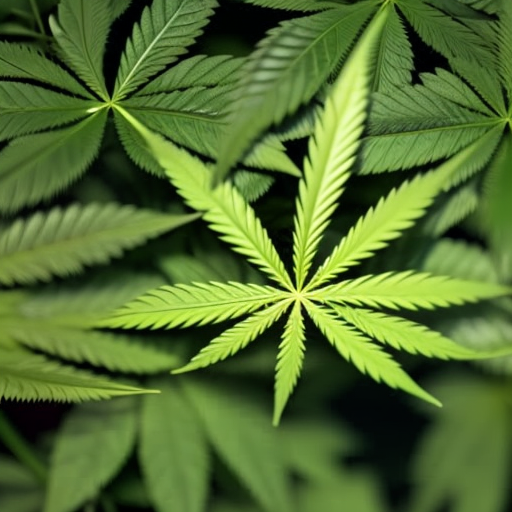
A recent study published by the American Medical Association challenges the common belief that legalizing marijuana will lead to an increase in youth cannabis use. The study, which analyzed Canadian data, found that young adults who used marijuana frequently before legalization actually showed significant reductions in use and consequences following the policy change.
The study, published in the Journal of the American Medical Association (JAMA) Network Open, surveyed young adults between the ages of 19.5 and 23 who reported two or more “heavy episodic drinking episodes.” The researchers aimed to recruit a sample with common patterns of substance use associated with elevated risk for adverse consequences.
Prior to legalization, about one-third of participants reported using marijuana regularly or frequently. Another third reported occasional use, while the remaining third reported either never using or not currently using cannabis. Consumption did tick up slightly among young adults who claimed not to have used marijuana prior to legalization, but that slight rise didn’t lead to a corresponding increase in cannabis-related consequences.
The study found that individuals using cannabis most frequently before legalization exhibited a significant reduction in use post-legalization. These individuals also experienced a significant reduction in cannabis-related consequences. On the other hand, participants who were not recent cannabis users before legalization increased their frequency of use over time.
Overall, both mean cannabis use frequency and cannabis use consequences decreased over time as legalization took effect. However, it is unclear whether these changes were directly caused by the policy shift or if they would have occurred regardless of legalization.
The authors of the study acknowledged that there is a lack of research focusing on the impact of legalization on youth and young adults. They noted that there have been few longitudinal studies examining this population, representing a substantial research gap.
Despite common fears that legalization might lead to higher rates of teen marijuana use, the study found no significant increases in use or consequences among participants who had never used marijuana prior to legalization. This aligns with research from U.S. jurisdictions, which has largely found that legalization has not drastically altered consumption patterns among youth and young adults.
The study suggests that the lack of considerable change over such a large-scale policy shift may be because cannabis use in Canada was already quite normalized before legalization. Pre-legalization perceptions among Canadians who used cannabis indicated that it was already fairly easy to access, and risk perceptions were generally low. Therefore, any changes in access or social acceptability brought on by legalization may have been inconsequential on individual use patterns in this age group.
In conclusion, the authors emphasized the importance of further longitudinal surveillance to evaluate the consequences of cannabis legalization empirically and promote evidence-informed public policy.
Overall, this study challenges the widespread worry that ending prohibition will lead to a dangerous rise in youth cannabis use. It adds to growing evidence suggesting that legalization does not necessarily result in increased marijuana consumption among young adults.

